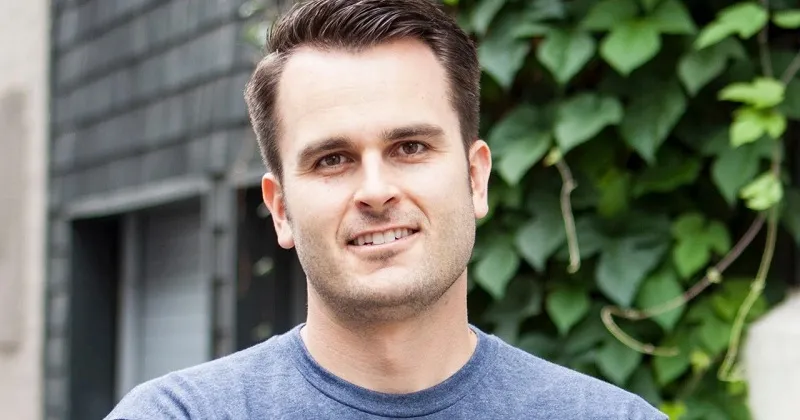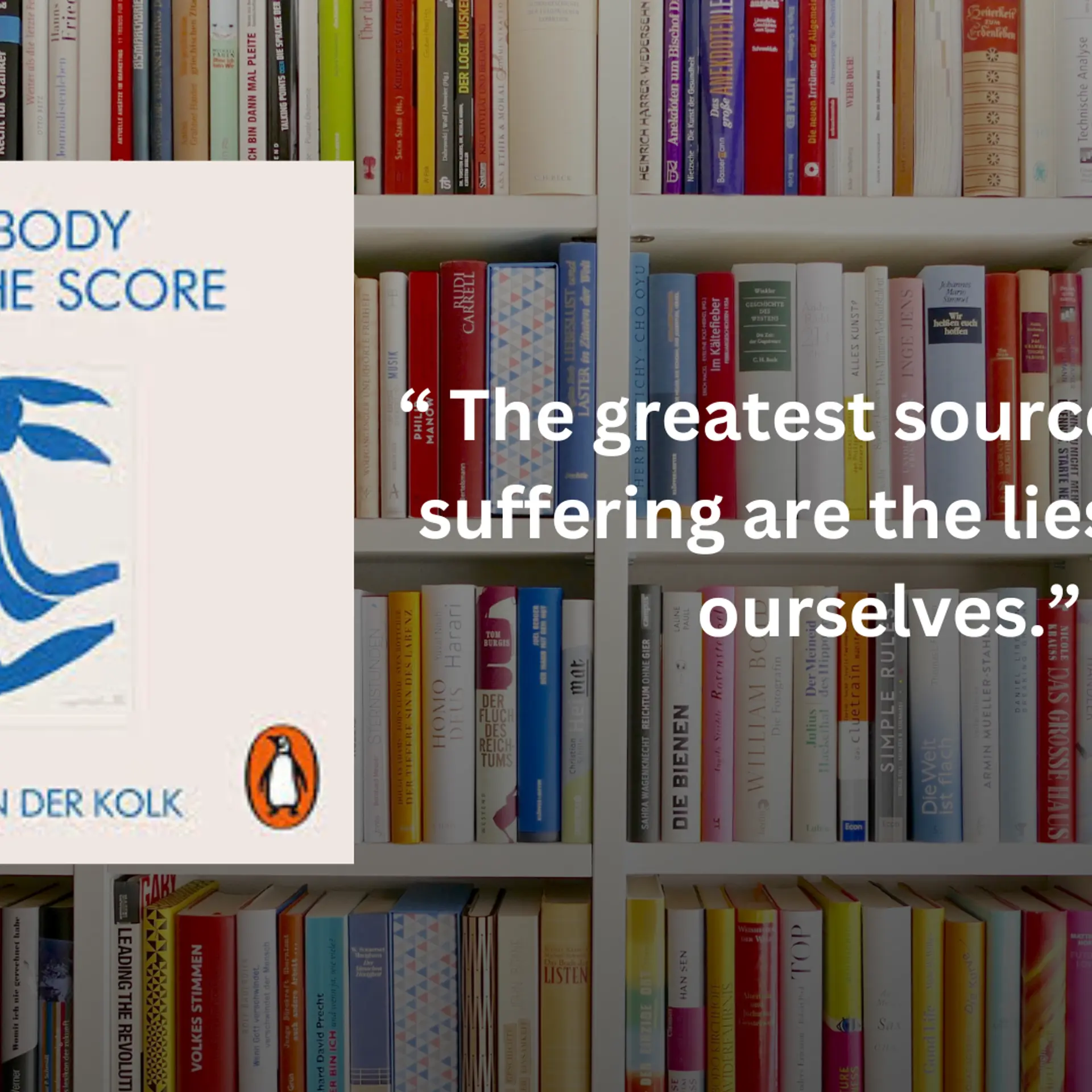In the era of AI, learning must be lifelong, says Degreed founder
David Blake sees a huge opportunity for skills development in India and sees plenty of takers for his Degreed, the world’s first learner-first, enterprise-class, lifelong learning platform.
The age of ArtificiaI Intelligence (AI) has dawned and life will no longer be the same for the workforce worldwide. Stephen Hawking has acknowledged that AI could be “either the best, or the worst thing, ever to happen to humanity”, and we have seen it cross over from the world of science fiction and affect how companies and individuals will work in the future.
Economic gurus Andrew McAfee and Erik Brynjolfsson in their book Machine, Platform, Crowd: Harnessing Our Digital Future write that the world is now in the “machine learning” age.
This has led to several narratives butting heads. One says people are now expendable; the other says people will relearn and take control of their lives in the era of machine learning. But how? By updating their skills sets and reinventing themselves.
A university degree no longer cuts it; lifelong learning is the need of the hour.

David Blake, Founder and CEO, of Degreed, agrees whole-heartedly. David, who has raised $33 million in four years, believes the current higher education system does not prepare a person for life. One needs to keep learning through several platforms such as corporate, academia and professional courses.
His company , Degreed, allows corporates to let employees learn at will, identify their cross-functional skills and learn beyond company mandated programmes. The platform gives employees access to more than 2,25,000 courses on 1,300 learning platforms. But building this platform wasn’t easy; David moved from the verge of being broke in December 2014 to becoming one of the pioneers of future learning.
David speaks to YourStory on why lifelong learning is a must for every employee in the age of AI, the challenges Degreed face since starting up and his strategy towards 2020:
- Let’s talk about the first few days of being an entrepreneur. How did you establish the idea and who championed your business?
DB: I am an entrepreneur by necessity, education reformer by choice. The genesis of Degreed was when I asked people about their education, they’d tell me about their university degree. It struck me that of all issues confronting education, the largest is the question of recognition.
After joining a successful education startup that was then sold, I founded Degreed in 2012. At that time MOOCS (massive open online courses), code courses, and the idea of individualised education were emerging with force. I looked at all these options but still felt people didn’t have a way to explain their education on an ongoing basis and show what skills they currently have. I created Degreed to help solve the issue of recognising the ongoing, lifelong learning people do from all sources and content available to them. Our mission is ‘jailbreak the degree’.
The earliest champion of the idea was Mark Cuban, one of our earliest investors. He had written a few things publicly about his beliefs around the future of education. His support allowed Degreed to gain traction, make it to market and have the idea validated by users and global companies.
- What was the learning from the first five clients you signed up? What were the challenges you began to address and what was the business model?
DB: One of our early clients was a Fortune 20 global bank for an enterprise-wide contract. Serving a global audience - in a fast-evolving industry in a highly regulated environment - meant we were helping tie together a broad internal ecosystem of tools and content with the broader ecosystem of learning content, around a lot of use cases across several types of roles and across global boundaries.
With that client, and the other Fortune 200-type clients that soon followed, it was clear that they shared a similar makeup in their approach to learning. Many needs across many employees had driven these companies to bring together many sources of learning. But it had created a disjointed, check-the-box, compliance-driven, company-first, keep-our-head-above-water approach to solutions and tools. The use case across clients has proven very consistent as everyone has reacted to shifts in the expertise economy similarly. The growing complexity had created a need for a platform to bring all learning together, to create a seamless, integrated, continuous learning platform.
You add our vision of making that into a lifelong model, and together it created the world’s first learner-first, enterprise-class, lifelong learning platform.
- From your first fundraising to Series A and B rounds, how did things change with each round bringing in business targets?
DB: We are very grateful to our investors who are helping us build this future alongside us. In all our rounds of financing, we have vetted for alignment between our mission to bring the world a lifelong model of education and our investors. Scaling a company is a great exercise in learning - you have to continue to learn and unlearn with each new stage. You cannot let yourself get comfortable and have to continue to drive through the many constraints.
- What is the business model now? Has it evolved over the last five years?
DB: Degreed has become successful over the last 5 years by disrupting the way organisations invest in learning for their employees. However, that has always been a means to achieve our long-term goal, which is to change the way people and companies view education as it relates to skills. We want to make lifelong learning have meaning.
We’re just getting to the point where we can do that because companies have seen how effective ongoing trainings and skills building can be with Degreed. Now they are looking at us to do more.
It has taken a lot of dedication and sacrifice to reach this long-term vision. We’ve seen a lot of changes happen in the market: boot camps, certifications, online courses, and other stand-alone education tools that aren’t effective. To create standardisation of skills and learning that has merit and universality between professions, industries, and countries requires patience and diligence. No one has had the patience to tackle this task.
It’s been a dream we’ve had to hold onto for a long time now and we’re excited to start executing it.
- How important is data in your company? What is five years of data telling you about learning?
We’re perfectly positioned as a learning platform to mine information on how people are learning. What we’ve found about learning in the last five years is that it’s transitioning from a one-time, standardised setting (such as university) to a moment-of-need response (corporate trainings, courses, conferences), and now is an always-on, 24/7 process, curated from a variety of resources (Google, TED Talks, books, articles, videos, and more).
This shift has left many organisations wondering how they can keep up, and what to do with their strategy and technology.
- Lifelong learning is something not many understand. Did the corporates you worked with push employees to your platform or did you have to spend a substantial amount of money getting people to discover learning available in your database?
DB: We’ve seen an appetite in the industry for a way to track, measure and verify lifelong learning. Companies and employees alike are realising that internal trainings and learning materials aren’t enough to help them update their skills and stay competitive in this age of limitless content and knowledge. Adoption rates are high because people see how scalable and effective the Degreed platform is and how simple it is to use.
Our client feedback data has shown that:
- 94% of clients say Degreed enables a productive learning culture
- 65% say Degreed helps employees find L&D (learning and development) resources faster
- 94% say it makes L&D more effective
- What is the strategy towards 2020 and what do you want to achieve?
DB: Our goal is lofty, but achievable. We want Fortune 500 companies to value a Degreed skills certification with the same weight as a college degree and to view continued education with equal, if not more merit, than the formalised education someone recieved years ago at university.
We’re already on the path to achieving this goal as many of our clients are Fortune 500 companies experiencing how using the Degreed platform for their employees creates a more efficient, engaged and skilled workforce. We’ve gotten incredibly positive feedback and high client retention. Companies see the value of Degreed and want to capitalise on what we can do for their people.
- Between profitability, scalability and valuation, what do you focus on?
DB: Our definition of success is that Degreed becomes the de facto way people answer for their education and skills worldwide. As such, we are eager to continue to scale the company. In the last few months, Degreed has gotten to a position where we could drive to profitability within a year’s time if we decide it is important to do so, but have otherwise operated with scale as per our priority.
- Please tell us about your India plans and why this market, with its multitude of cultural challenges, is important to you?
DB: India is an emerging market with a powerful workforce. It is predicted that the Indian workforce will grow 900-million strong by 2020, becoming one of the world’s largest workforces. However, studies also show that only 2 percent of India’s workers have received formal skills training. There is a huge opportunity for skills development in this country. Skill-building solutions like Degreed that are scalable, easy-to-use, and cost effective will be imperative in training these emerging workers. (Source)
- What motivates you and keeps you going?
DB: I truly love learning and that drives me to create a product I am passionate about and can be proud of. I’m currently using Degreed to find content about politics, science (a big passion of mine, especially physics) and corporate training.







